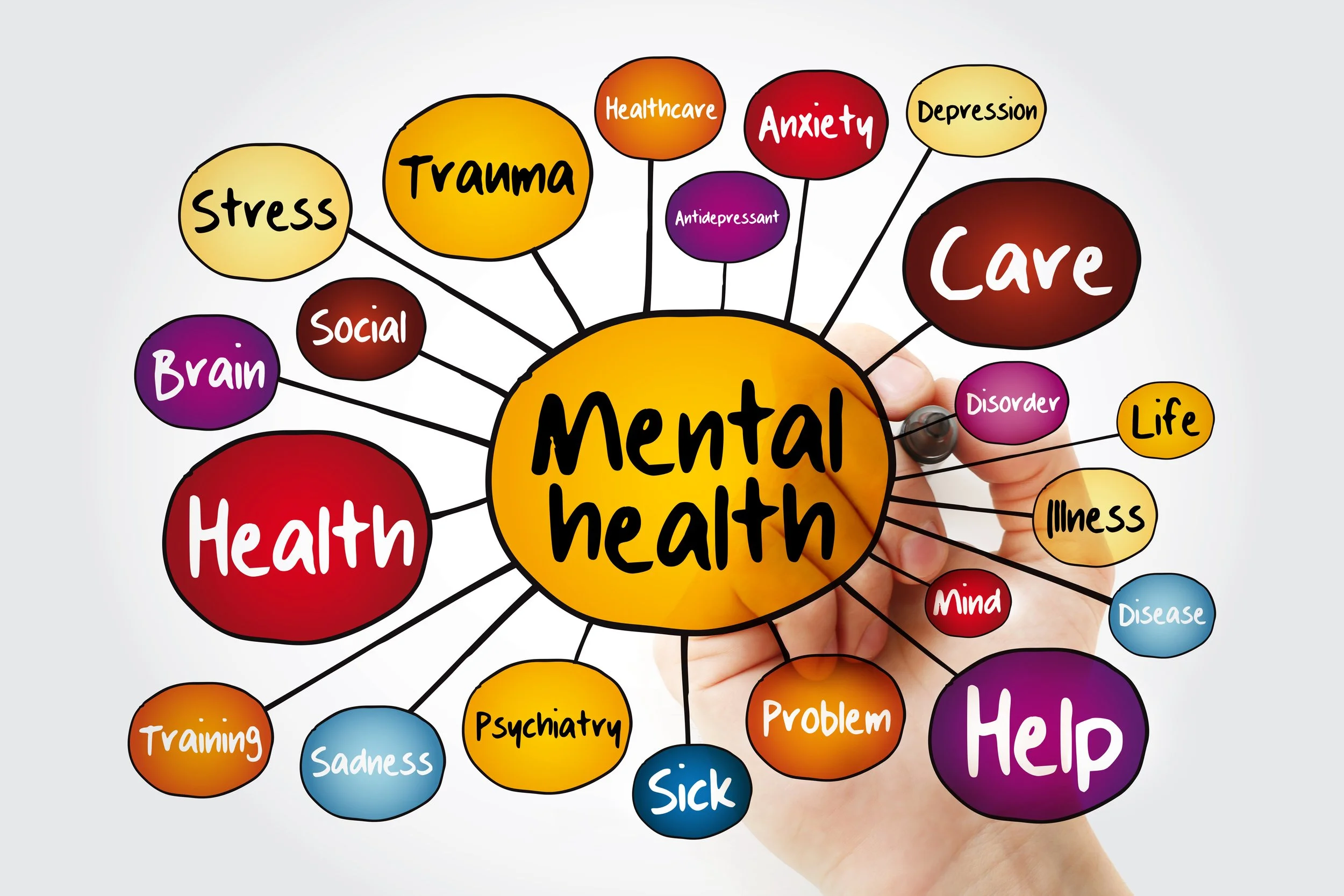There aren’t a lot of silver linings to the pandemic, but one is the increased visibility of, and discussion around, mental health. It’s hard to ignore or stigmatize something when literally everyone is struggling with it. I suspect that there is no corner of the Earth where people haven’t been affected by the anxiety and fear inspired by COVID. Even for those of us suffering from COVID fatigue, that sense of apathy that has developed as we stare down our third year of variants, restrictions, and uncertainty, is a mental health issue.
I am glad that mental health is clawing its way out of the shadow as a major health concern, but one thing I find confusing when I read articles about self-care or mindfulness is that the logical next step – the connection between mental health and physical health -- is missing. In my experience, they are always intimately entwined. You just can’t have one and not the other and be considered healthy.
I never understood why physical and mental health were ever separated in research, treatment, or general discussions of population health. And I don’t mean the yoga mind-body connection. That’s an important kind of awareness that I don’t need help finding. There is no minute of any day that I am not aware of my body.
I am talking about the actual physical impact that mental health struggles can have on your body. Our lives are full of stresses. Many are minor, and we can let them go after venting to friends or family. But there are some that aren’t: trouble at work that threatens financial security; divorce or family trauma that threatens emotional security; even good stress like having a baby or adjusting to an exciting new relationship that changes a personal dynamic. All these things are psychological stresses that cause hormones to fluctuate, and which can have negative (or positive) impacts on a body, especially in chronic and autoimmune patients.
It's easy for me to see. In diabetics, blood sugar rises with strong emotion, good or bad, and it takes longer to correct than a food-caused high because hormones don’t correct themselves on a predictable schedule once you have addressed the stress. I saw it in my mom, too. Her severe Crohn’s Disease always seemed to flare more often when things were difficult than the few periods of smooth sailing. Chronic pain patients can attest to the fact that life stresses can cause the constant hum to turn debilitating. And I bet if I took a poll, at least 80% of the people I spoke to would be able to recall a difficult or exciting time in their lives after which they couldn’t seem to get themselves off the couch.
It’s not a surprise. The body is an amazing and complicated machine, so when one part, the mind or the emotions, has to operate on overload, the rest of the body has less energy to perform all the rest of its functions. When overdrive drops back to normal, exhaustion and other physical symptoms, which can range from elevated blood pressure to gastrointestinal issues, don’t settle down immediately because the non-stress-affected parts of the body have to use more energy than their usual allotment of energy to catch up as the well gets replenished.
It's good to hear more about mental health and the challenges it can pose as we continue to struggle through a global threat to our physical health. Perhaps it will lessen the ever-present stigma of mental health struggles. Perhaps mental health will be better understood, incorporated into regular treatment regimens, and be given more funding and resources. Whatever happens, I hope that we will start thinking about mental health and physical health as two halves of the same whole.

